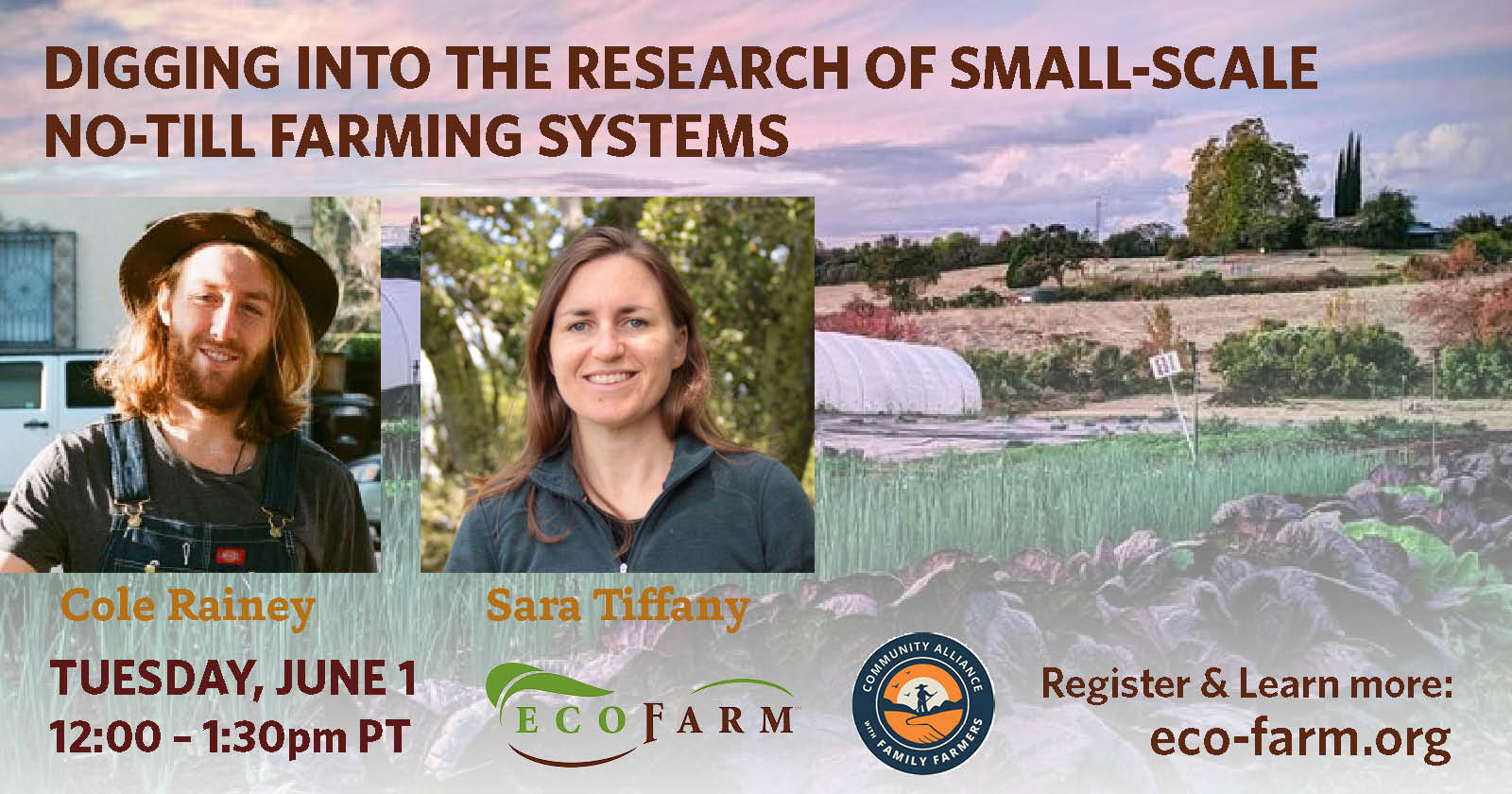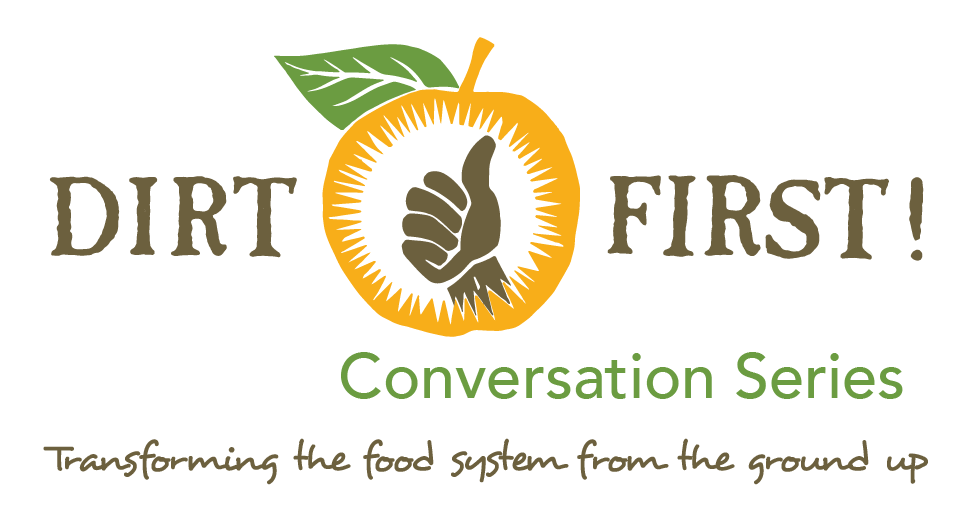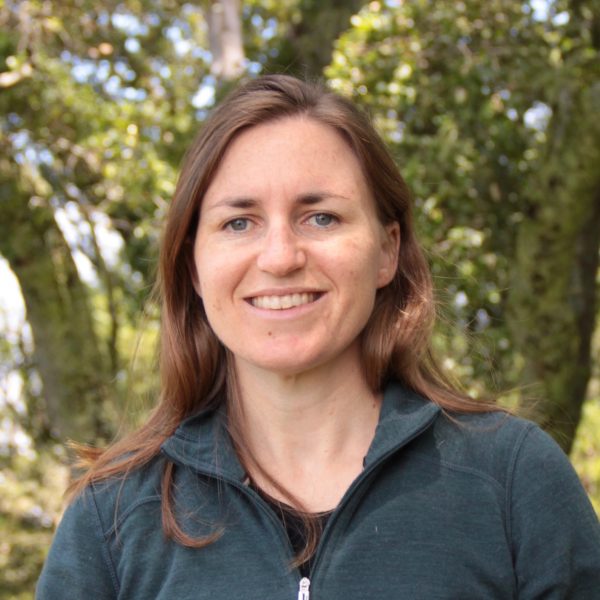

Come learn about the latest research in small-scale, intensive, minimal-disturbance, ecological farming systems! Since 2017, the Community Alliance with Family Farmers has been working with Singing Frogs Farm, Hillview Farms, and others, to carry out on-farm research of the soil health impacts of their farming systems. At the same time, the Bowles Laboratory at UC Berkeley has conducted a 3-year experiment looking at the effects of key practices of these farming systems. After several years of soil health data collection, these two groups are now ready to discuss their respective research findings, as well as their experiences working with rural and urban farmers who have implemented these farming systems. Join the speakers for a live Q&A following the presentation.
possible 1 hr ASA credit
Tuesday, June 1, 2021
12 - 1:30pm PT
Presenter:
Cole Rainey, UC Berkeley

How can agroecological movements regenerate soil, cultivate food sovereignty, and works towards liberation? Using a combination of field experiments, community farming projects, educational programs, and laboratory work, Cole studies how the ecology of soil is imprinted by the social movements that form them. The Gill Tract Community Farm and Oxford Tract are critical land sites for this work, and necessarily involve studying land use policy, offsetting high operating costs, and fostering experiential education. In partnership with organizations such as CAFF and Black Earth Farms, Cole works to create a community science network capable of evaluating how no-till agriculture impacts the sustainability and wellbeing of farming communities. He is a member of the Agroecology Lab at UC Berkeley.
Moderator
Sara Tiffany

Sara oversees CAFF’s Climate Smart Farming program, which works with farmers, researchers and other agencies to investigate and promote climate smart practices throughout California. For years, Sara has worked to promote sustainable agriculture both in the classroom and in the field, and has a passion for connecting the two. She has graduate degrees from University of California, Davis, in Soils and Biochemistry and International Agricultural Development, and has a background in international development work. Sara grew up on a small walnut ranch on the central coast of California.

